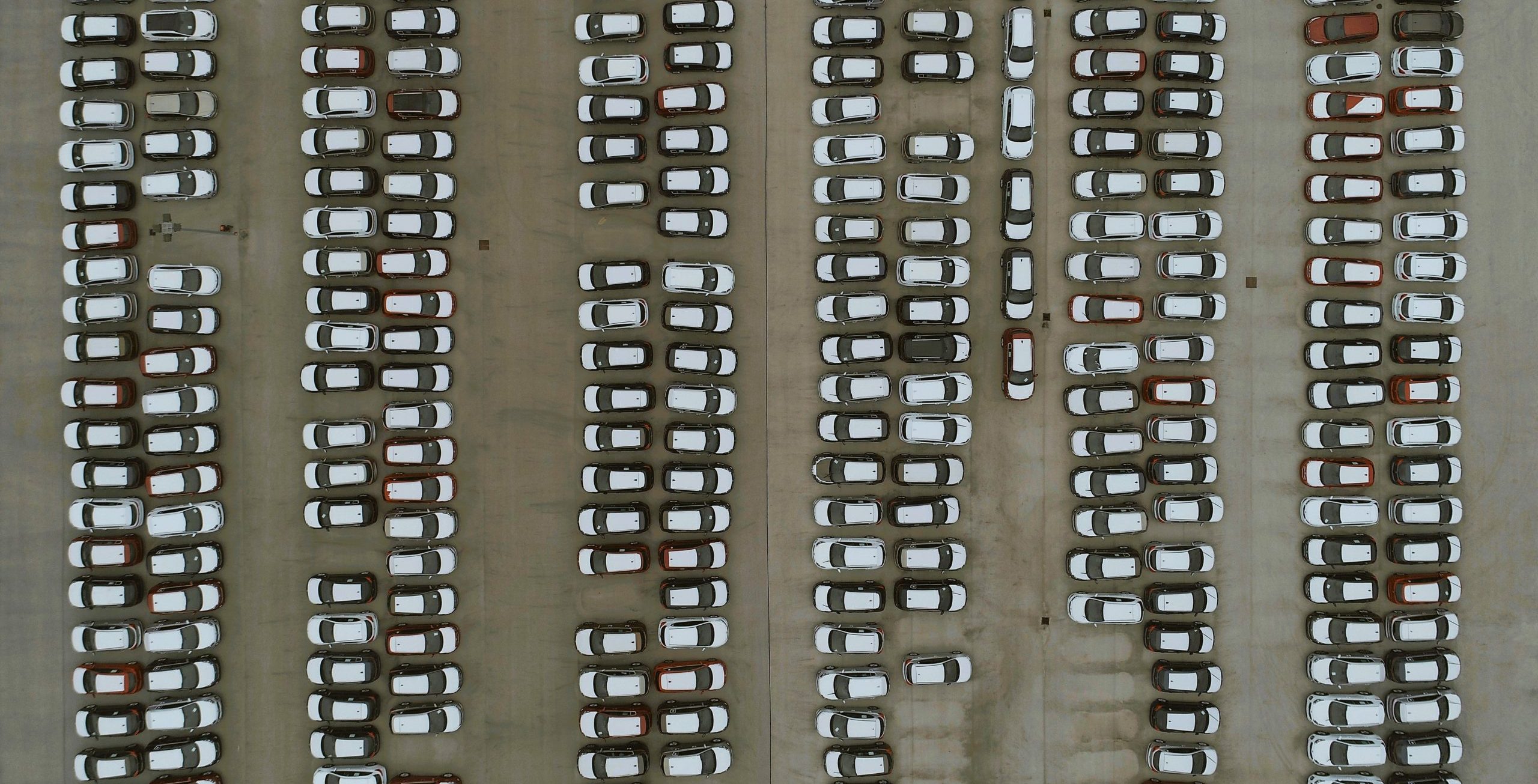It’s High Time for Alliances to Ensure Supply Chain Security
Improving supply security, promoting and objectively monitoring of the green transition, strengthening human rights compliance, and reducing tax evasion: International alliances are needed for such an understanding, as emphasized in a recent study in Science, including ASCII board memeber Stefan Thurner.
Even though many companies only know their immediate trading partners, they depend on countless other supply relations up and down the supply chain. A supply shortage anywhere in this supply network may affect suppliers, suppliers of suppliers, and so on, as well as customers and their customers’ customers.
UNIMAGINABLE OPPORTUNITIES FOR THE FIRST TIME
“For a long time, it was unthinkable to analyze the global economy at the company level, let alone its complex network of supply interconnections,” says the paper’s first author Anton Pichler from the Complexity Science Hub. That is changing now.
For almost a century, only aggregated data could be analyzed, such as the average values of entire industry sectors, for example, the automotive industry. Therefore, predicting how individual company failures will affect the system was simply not possible. What happens to the economy when a specific company A stops its production? What if an earthquake paralyzes an entire region?
![A data revolution has taken place in recent years, with the size of supply chain data exploding and the quality and richness of information improving significantly. In addition to aggregated industry-level data, there are now wide-ranging firm-level datasets. [© Complexity Science Hub]](https://www.csh.ac.at/wp-content/uploads/2023/10/Data-revolution-%C2%A9-Complexity-Science-Hub.png)
13 BILLION SUPPLY CONNECTIONS
Thanks to a new generation of data on the company level and a set of new analysis methods, we are entering a new era. At present, there are approximately 300 million companies worldwide. Each of them has an average of 40 domestic suppliers. This results in up to 13 billion supply connections. However, despite this vast amount of data, researchers can now map the connections between individual companies.
OPTIMAL APPROACH: VALUE ADDED TAX DATA
Currently, value-added tax (VAT) data is the most promising option for reconstructing reliable large-scale supply networks. Several countries like Spain, Hungary, or Belgium use a standardized VAT collection that practically records all domestic business-to-business (b2b) transactions. With these, one can map the entire national trade of a country.
TAX EVASION – €130 BILLION
However, in most countries like Germany, Austria, or France, VAT is not collected for individual b2b transactions. Instead, they record only the accumulated VAT data over a specific period. Therfore, such a mapping is currently not possible.
“Moreover, the standardized b2b collection could reduce administrative overheads for companies and would contribute substantially to tax compliance,” says Christian Diem, co-author of the study. Estimates suggest that VAT-related fraudulent activities in the European Union (EU) amount to €130 billion annually. A tax gap that could be massively reduced.
CLIMATE, HUMAN RIGHTS, AND SUPPLY SECURITY
Yet the researchers stress that it is not only tax evasion but also other major challenges of our time depend on the detailed knowledge of supply networks. “For individual companies, it’s nearly impossible to ensure that all trading partners, their suppliers, and their suppliers’ suppliers operate environmentally friendly and in compliance with human rights. If this were centrally documented in a gigantic network, it could be more easily ensured,” emphasizes Pichler.
ONE-FIFTH OF THE GLOBAL ECONOMY ON A MAP
The next step is to link trade data from different countries. Currently, the EU records trade in goods between its member states at the company level. If they also included services and linked them with VAT data, this could lead to a comprehensive cross-border company-level network. According to the authors, this would represent almost 20% of the global GDP.
The European Commission laid the legal foundation by proposing “VAT in the Digital Age.”
“Unfortunately, this is far from being realized,” says Stefan Thurner. “So far, we do not have a single situation where the supply chain networks of any two countries have been joined and merged. This would be an essential next step.”
INTERNATIONAL ALLIANCE
To create a truly international picture of supply interconnections, different steps must be taken. Hundreds of datasets must be joined and analytical tools developed. Furthermore, an institutional framework must be created together with secure infrastructure for storing and processing enormous amounts of sensitive data.
“To advance this endeavor, a strong international alliance of various interest groups is required. This includes national governments, statistical offices, international organizations, central banks, the private sector, and academia,” explains Thurner. The first collaboration in science, involving authors in macroeconomics, supply chain research, and statistics, now aims to establish a foundation. The researchers hope to inspire others to join their efforts.
FIND OUT MORE
The paper “Building an Alliance to Map Supply Networks” was recently published in Science.



